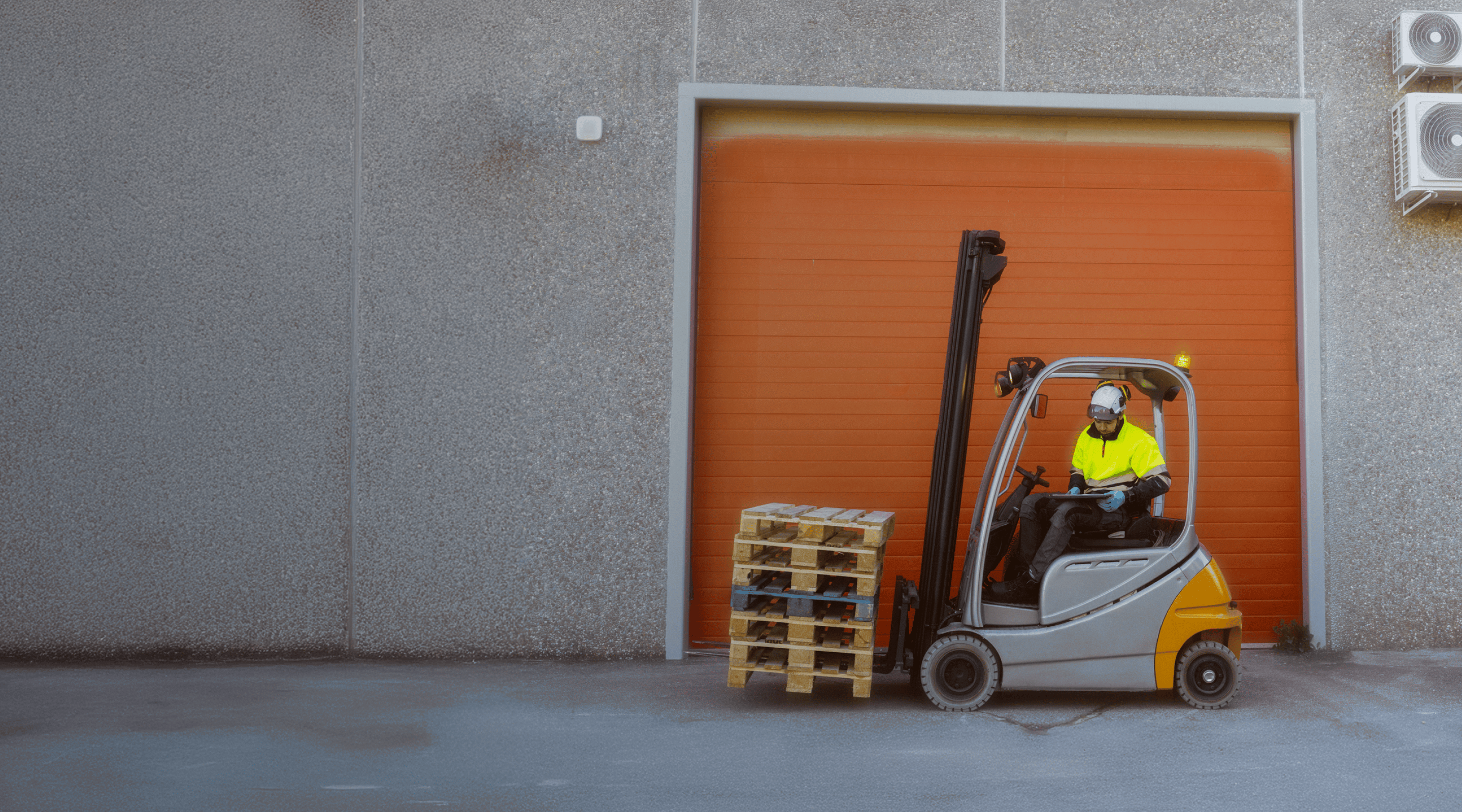Most coverage of the government’s March budget announcement this year understandably focused on the eye-watering sums being spent on combatting Covid. Buried among it all, however, was a series of tax breaks the Chancellor is hoping will help businesses unlock £20bn of investment in new assets to enhance and grow.
Combined with historically-low interest rates set by the Bank of England and encouraging economic omens from the UK’s rapid Covid vaccination programme, this super deduction tax incentive presents a tempting opportunity for business owners to bite the bullet and purchase that new piece of plant machinery – or a number of other qualifying assets – that they’ve had their eye on.
Despite this, though, many small and medium-sized businesses I have spoken to seem to have missed the news, or at least aren’t sure if it’s something they can benefit from. Treasury announcements are hardly renowned for being easy to decipher, after all…
So, here I’ll do my best to demystify what the super-deduction tax incentive is, how it can help, and how your business might be able to benefit from it.
What is the super-deduction tax break?
This ‘super-deduction’ will allow companies to deduct 130% of qualifying investment costs from their profits when calculating the amount of tax they’ll need pay.
It’s a type of tax break that has existed before. But this represents a huge step up from the 18% on offer previously.
How much money does that mean I can save?
The government reckons that, for every pound a company invests, their taxes will be cut by up to 25p.
How does the super-deduction tax break work in practice?
Let’s say, as an example, you’re a business with annual profits of £500,000 and you decide to invest £100,000 on new plant machinery. The 130% deduction means, when calculating the corporate tax you will owe on your profits (let's say, 19%), you can reduce the £500,000 figure by £130,000.
| Business profit | £500,000 |
| Investment in plant and machinery | £100,000 |
| Corporate tax rate | 19% |
| Tax that would have been paid | £95,000 |
| Actual tax paid after tax break | £70,300 |
| Total savings | £24,700 |
In the end, this could save you around £25,000 on your total tax bill!
As things stood before, the 18% deduction would have saved just £3,400.
What kind of assets are eligible for the super-deduction tax break?
You can deduct any investment in new and unused plant and machinery. So that’s a yes to commercial vehicles like tractors, lorries and vans (but not cars). While machinery, tooling, computer and office equipment are also fair game.
The deduction can only be applied to new or un-used equipment purchased, however. So, you cannot apply for the deduction on second-hand or used assets. Note, too, you will need to be able to demonstrate ownership – assets bought using hire purchase are perfectly fine, though.
Can my business benefit from the super-deduction tax break?
Any company that pays corporation tax and purchases plant or machinery assets after 1st April of this year can qualify for the tax incentive. Sole traders, partnerships and LLPs do not qualify.
When does the super-deduction tax break end?
The super-deduction tax incentive lasts until 31st March 2023.
Are there any other tax incentives my business can benefit from?
If you’re looking to buy cars or second-hand assets, the Annual Investment Allowance (AIA) allows you to deduct as much as £1m from your tax bill. Bear in mind this is a temporary measure, and reverts to just £200,000 at the end of December.
The government also announced it will increase the ‘first-year allowance’ (FYA) scheme from 6% to 50% for the same types of assets that are covered by the super-deduction until 31st December 2021.
Now’s the time to invest
The bottom line is that, for many businesses, now could be the most cost-effective time to pull the trigger on that strategic spend you’ve been planning. These tax incentives, combined with rock-bottom interest rates, mean there might never been a better opportunity to grow.
Would you like to know more?
If you’ve got more questions about the super-deduction tax break, or want to talk about how your business could benefit from it, then fill out the form below and speak to one of our dedicated relationship managers.
BEAR IN MIND: individual circumstances will vary and official guidance may change, so this article should not be construed as tax advice. We strongly recommend seeking the advice of a professional accountant.





